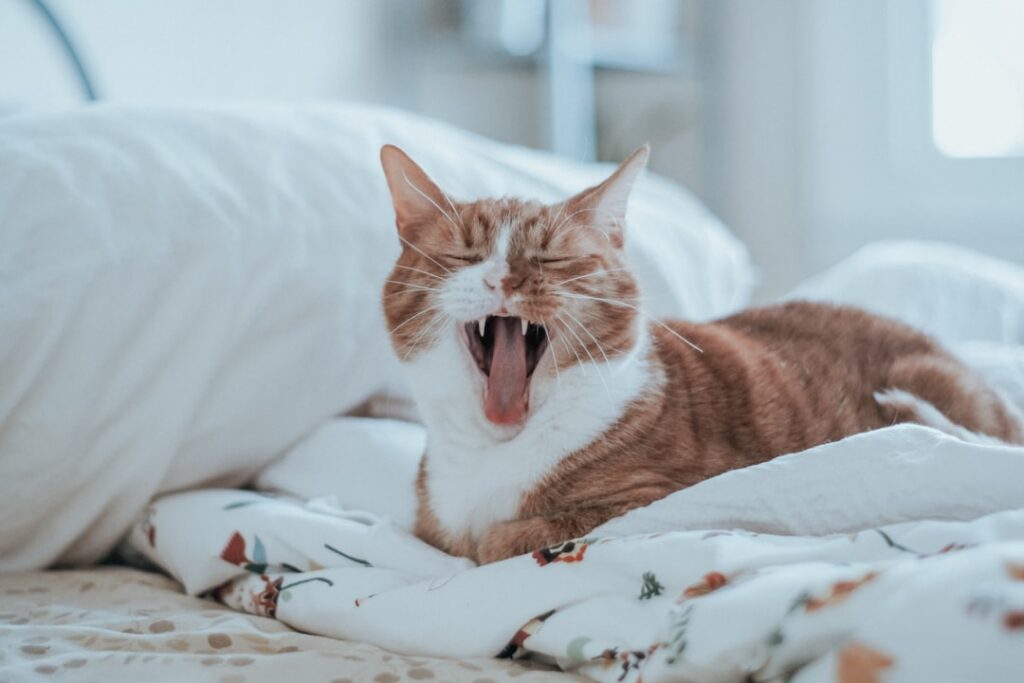Cats need a consistent intake of water to maintain proper hydration and overall health. On average, a healthy adult cat should consume about 3.5-4.5 ounces of water per 5 pounds of body weight per day. This means that a 10-pound cat should ideally drink between 7-9 ounces of water daily. However, it’s important to note that individual cats’ water needs can vary based on factors such as age, activity level, diet, and overall health. Cats who eat dry food may need to drink more water than those who eat wet food, as dry food contains less moisture. Additionally, cats who are nursing, pregnant, or have certain medical conditions may require increased water intake.
It’s important for cat owners to monitor their pet’s water intake and be aware of any changes in drinking habits. If you notice that your cat is drinking significantly more or less water than usual, it could be a sign of an underlying health issue that requires attention. Providing access to clean, fresh water at all times is essential for meeting your cat’s hydration needs. Some cats prefer running water, so offering a pet fountain or dripping faucet may encourage them to drink more. Additionally, incorporating wet food into your cat’s diet can help increase their overall water intake. By being mindful of your cat’s individual needs and habits, you can ensure that they are getting enough water to stay properly hydrated.
Signs of Dehydration in Cats
Dehydration can have serious consequences for cats, so it’s important for pet owners to be able to recognize the signs. Some common symptoms of dehydration in cats include dry or sticky gums, loss of skin elasticity, sunken eyes, lethargy, decreased appetite, and panting. In severe cases, dehydration can lead to collapse, shock, and organ failure. Cats who are dehydrated may also have concentrated urine with a strong odor and may urinate less frequently than usual. It’s important to note that cats are skilled at hiding signs of illness or discomfort, so it’s crucial for pet owners to be observant and proactive in monitoring their cat’s hydration levels.
In addition to physical symptoms, changes in behavior can also indicate dehydration in cats. If your cat is unusually irritable, withdrawn, or unresponsive, it could be a sign that they are not feeling well due to dehydration. It’s important to seek veterinary care if you suspect that your cat is dehydrated, as prompt treatment is essential for preventing further complications. By being aware of the signs of dehydration and taking action to address them, you can help ensure that your cat stays healthy and well-hydrated.
Tips for Encouraging Hydration in Cats
Encouraging hydration in cats is an important part of responsible pet care. There are several strategies that cat owners can use to help ensure that their feline companions are getting enough water. One effective way to encourage hydration is by providing multiple sources of clean, fresh water throughout the home. This can include water bowls in different rooms, as well as a pet fountain or dripping faucet to entice cats who prefer running water. Keeping water bowls clean and refilling them regularly is also essential for encouraging regular drinking.
In addition to providing access to water, incorporating wet food into your cat’s diet can help increase their overall water intake. Wet food has a higher moisture content than dry food, which can help support proper hydration. Some cat owners also add water or low-sodium broth to their cat’s food to increase their fluid intake. Another way to encourage hydration is by offering ice cubes or frozen treats made from diluted tuna juice or low-sodium broth. These can be a refreshing and hydrating treat for cats, especially during hot weather.
Benefits of Proper Hydration for Cats
| Tip | Description |
|---|---|
| Provide Fresh Water | Change your cat’s water at least once a day to keep it fresh and appealing. |
| Use a Water Fountain | Some cats prefer running water, so a fountain can encourage them to drink more. |
| Wet Food | Include wet food in your cat’s diet to increase their water intake. |
| Multiple Water Stations | Place water bowls in different areas of your home to make it convenient for your cat to drink. |
| Regular Playtime | Engage your cat in play to keep them active and encourage them to drink more water. |
Proper hydration offers a range of benefits for cats’ overall health and well-being. Adequate water intake supports proper digestion and helps prevent constipation and urinary tract issues. Proper hydration also plays a key role in maintaining healthy skin and coat, as well as supporting kidney function and waste elimination. Cats who are well-hydrated are also better equipped to regulate their body temperature and stay cool during hot weather. Additionally, staying properly hydrated can help support a strong immune system and overall vitality.
By ensuring that your cat stays properly hydrated, you can help prevent a variety of health issues and support their overall quality of life. Proper hydration is an essential aspect of responsible pet care and can contribute to your cat’s long-term health and happiness.
Health Risks of Dehydration in Cats
Dehydration poses serious health risks for cats and can lead to a range of complications if left untreated. One of the most common consequences of dehydration in cats is urinary tract problems, including urinary tract infections and urinary blockages. Dehydration can also contribute to the formation of bladder stones and kidney disease. In severe cases, dehydration can lead to organ failure and even death.
In addition to urinary issues, dehydration can also impact other bodily functions and systems in cats. Proper hydration is essential for supporting healthy digestion and waste elimination. Dehydration can lead to constipation and impede the body’s ability to eliminate toxins and waste products. Dehydration can also impact a cat’s ability to regulate their body temperature, which can be especially dangerous during hot weather or if the cat is ill.
Making Sure Your Cat Stays Hydrated

Proper hydration is essential for the overall health and well-being of cats. By providing access to clean, fresh water at all times and encouraging regular drinking, cat owners can help prevent a range of health issues associated with dehydration. Monitoring your cat’s water intake and being aware of the signs of dehydration are important aspects of responsible pet care. By taking proactive steps to ensure that your cat stays properly hydrated, you can help support their long-term health and happiness. Whether it’s through multiple water sources, wet food, or hydrating treats, there are many ways to encourage your cat to drink more water and stay properly hydrated. By making hydration a priority for your feline companion, you can help them live a healthy and vibrant life.

